Indonesia is the country with the largest Muslim population on the planet. Over 230 million of its 265 million residents are Muslim (around 87% of the population) so exploring the country is a significant way to learn about how Islam shape lives and societies.
Today, we’re going to dig into the Muslim culture in Indonesia and touch on the country's religious, cultural, and traditional ties.
And when you are out experiencing these cultural experiences, with an iRoamly Indonesia travel eSIM, you can stay connected and share stories and moments with loved ones in real time.
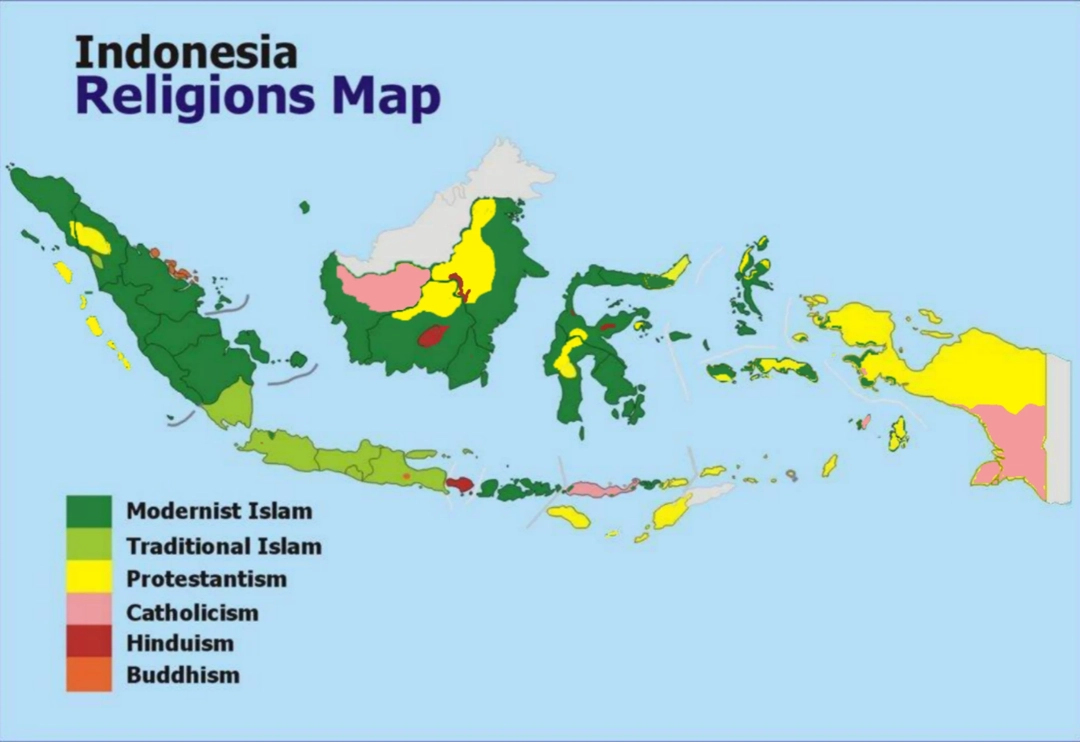
Indonesia’s Muslim Demographics
Have you ever thought about how many Muslims are in Indonesia? Spoiler alert–it’s a lot! Indonesia has the largest Muslim population on the globe, with around 229 million Muslims. That’s almost 87% of the total Indonesian population!
Islam is therefore the dominant religion, but Indonesia is also home to a rich variety of Indonesian religious beliefs. People of many faiths coexist, which is what makes this country so special.
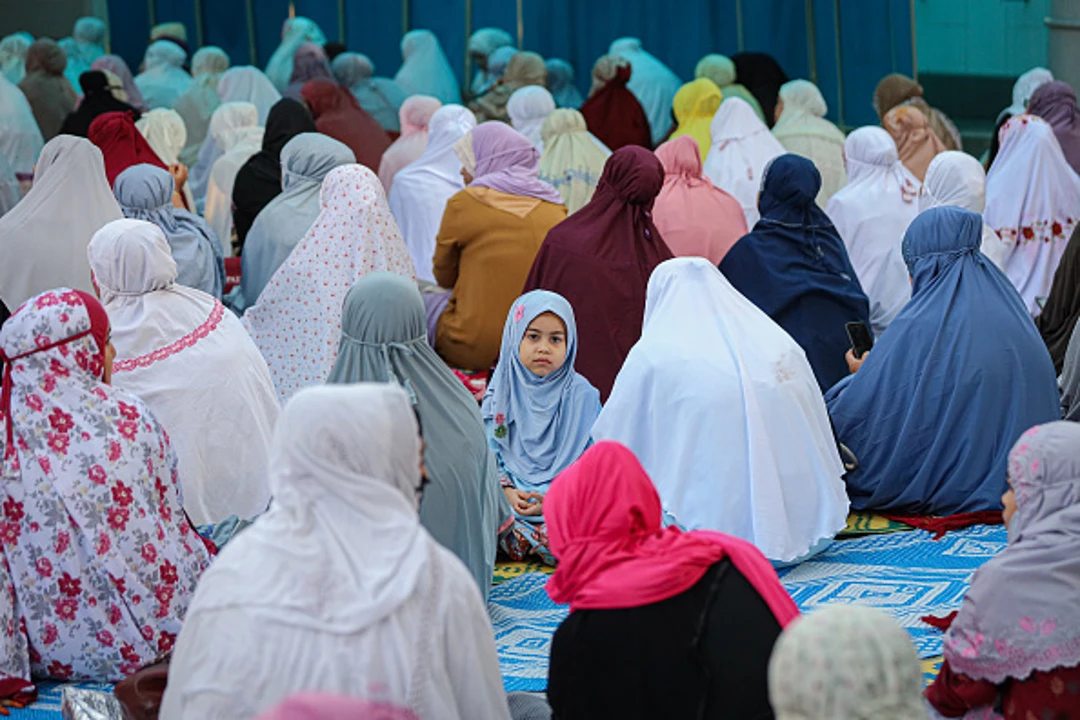
Islam came to Indonesia as early as the 13th century by way of trading partners from India and the Arabian Peninsula. Muslim merchant ships frequented Indonesian shores , and, over many years, Islam spread and became the primary religion here.
Indonesia’s religious conversion was a pacifist one, unlike the many other countries where Islam was established by force. Elsewhere, Islam was spread by the sword; here it happened over a few centuries, culturally.
Diversity Within the Muslim Population
The Muslim religion in Indonesia isn’t uniform but incredibly diverse. With its thousands of islands, each home to unique customs, traditions, language, and interpretation of Islam, Indonesia’s cross-section is vast.
Indonesian Muslims are primarily Sunni, though there are major Shiite, Ahmadiyya Muslim, and other sect populations in the country.
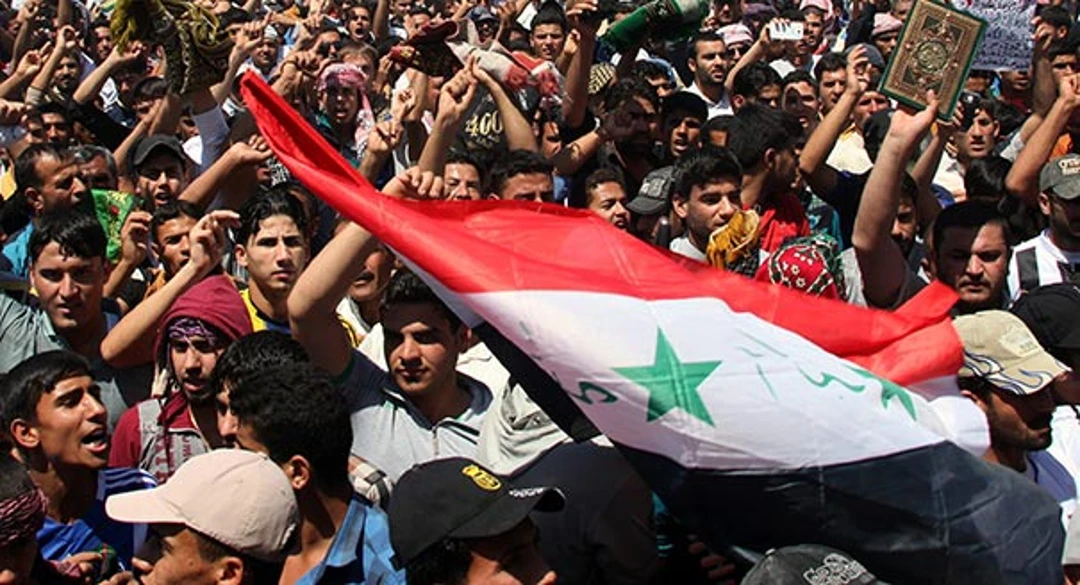
And Indonesian Islam is further shaped by local flair, such as Acehnese Islamic practices, Javanese Islam on the island of Java, and how Balinese have interwoven Islam with local culture.
While all versions of Islam can be found here, the Shafi’i form is the most prevalent. Islamic practices also differ from place to place in Indonesia, often mixing with local beliefs and customs to produce an Islam particular to Indonesia with its mixed cultural heritage.
Islamic Practices in Indonesia
Islamic Practices in Indonesia: Islam in Indonesia still plays a large part in everyday life. It’s worth noting that there isn’t one way to practice Islam in the region.
Prayer (salat), taking part in the month of fasting (Ramadan), and making a pilgrimage to Mecca (Hajj) are all integral religious components for many here. The way in which these take place can differ across communities, however.
For instance, the Islamic festivals of Eid al-Fitr and Eid al-Adha are celebrated differently in Indonesia than in other countries, often involving regional customs such as gift giving or shared meals.
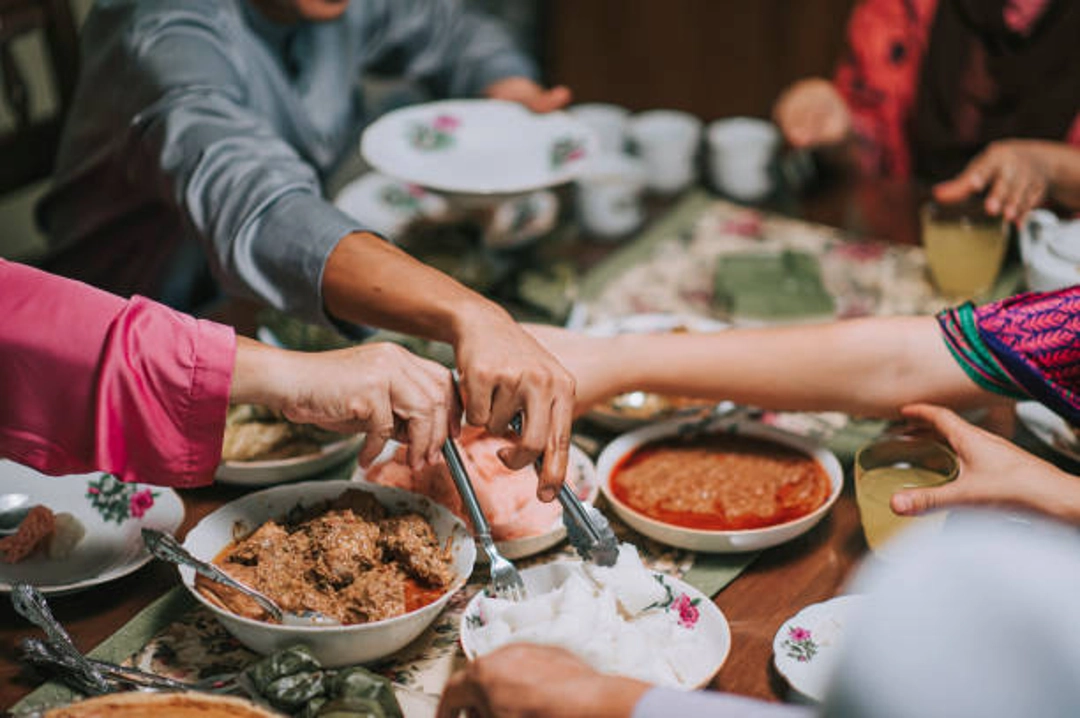
Islamic boarding schools, known as pesantren, help mold the religious instruction of Indonesian Muslim youth, while Islamic groups like Nahdlatul Ulama and Muhammadiyah help to steer the course of the faith in the country.
Islam and Politics in Indonesia
Indonesia is a democratic republic with a secular government, though Islam exerts a fair amount of influence over the politics of the country.
While the government is officially tolerant of religion, Islam influences much of the country’s government, law, and societal norms, especially in regions where Sharia law is enforced (like Aceh).
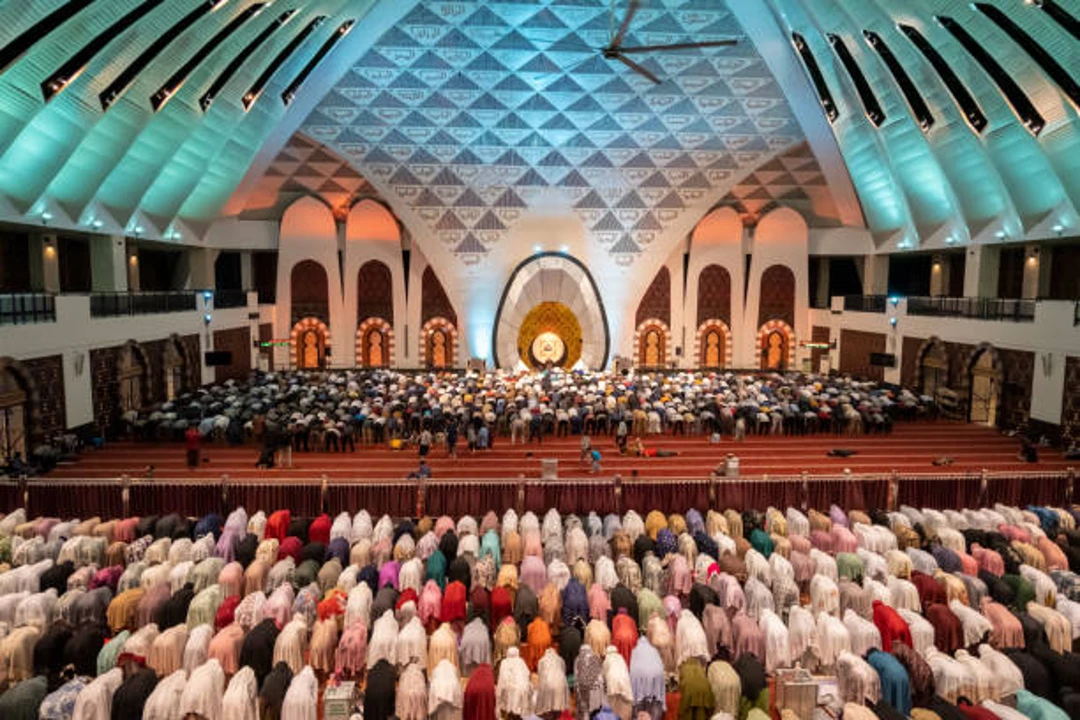
But despite the Islamic political force, there’s a lot of diversity in terms of political and religious beliefs here in Indonesia, from secularization to Islamic fundamentalism. It’s a very dynamic and complex place and the intersection of religion and politics is very common here.
The Role of Women in Indonesian Islam
Women in Indonesia hold significant responsibility in religious matters as well as in social interactions. Despite being a Muslim-majority society, the role of women in Islam in Indonesia is influenced by both Islamic values and local traditions.
Throughout much of Indonesia, women are free to pursue religious education and take part in religious activities and events, including group prayers and religious celebrations.
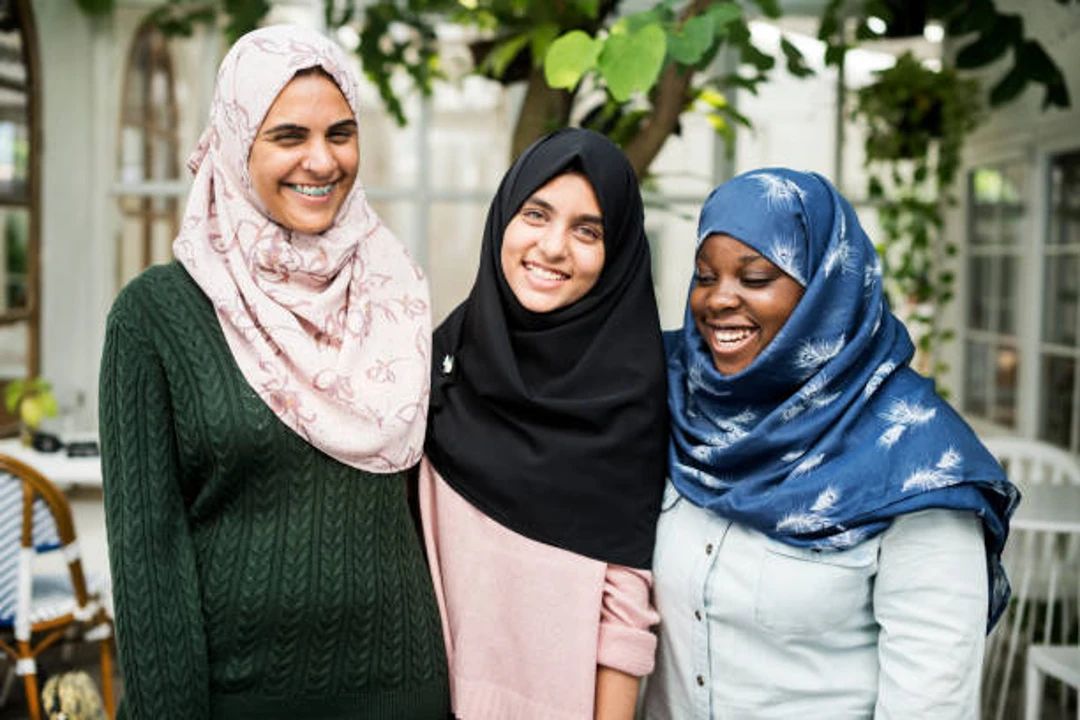
But, as with all Muslim-majority countries, gender norms and customs differ. Some regions see women dressing with the hijab, the Islamic headscarf, on a daily basis, where others do not.
Women across the country, especially in business and politics in urban areas, have made steps towards gender equality, although more traditional gender roles continue to dictate daily life in the rural areas.
FAQ
1. Are there religious minorities in Indonesia?
Yes. Islam may be the largest religion, but Indonesia has sizable religious and cultural minorities, such as Christians, Hindus, Buddhists, and those who practice traditional indigenous faiths as well. The country values religious diversity.
2. Does Indonesia have Sharia law?
While the central Indonesian government is officially secular, Sharia law is practiced in Aceh, the only Indonesian province to enforce Islamic law on a regional level.
3. What is a Pesantren?
A Pesantren is an Islamic boarding school in Indonesia. These religious boarding schools, found throughout the country but especially in rural areas, play a significant role in the moral and spiritual development of Indonesian Muslim youth.
Conclusion
Indonesia’s Muslim community is an inextricable part of the country’s fabric, and the nation’s approach to Islam provides an interesting lens through which to view the religion.
From cultural traditions to the political sphere and the position of women, Indonesian Islam is closely intertwined with the country’s history and culture.
To understand Indonesia’s varied Muslim population is to gain insight into the blending of culture and religion in the largest Muslim nation on earth.
